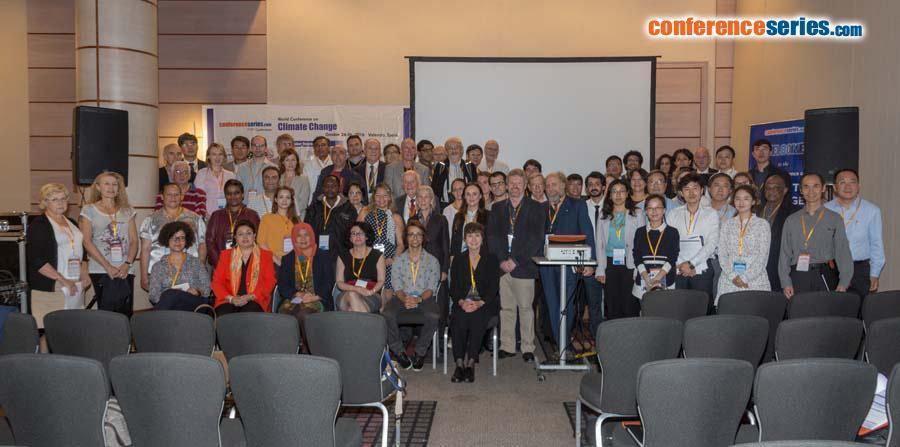
Huiping Huang
National Chiao Tung University, Taiwan
Title: Individual and societal-level consequences of global warming media use and energy saving and carbon reduction coverage
Biography
Biography: Huiping Huang
Abstract
The impact of global warming is worldwide. However, the consequences it has caused may differ across countries. In Taiwan, the total and per-capita carbon dioxide emissions are among the 20 worst nations. Mitigation effort is desperately needed. My recent research starts from a national survey aiming to identify factors affecting people’s environmental behavior. As people receive information about global warming, energy saving and emission reductions mainly from the media, I first propose a synthetic model to examine the impact of media use on environmental actions. Results show that exposure and attention to global warming media coverage (on TV, newspapers and the Internet) positively affect individuals’ willingness to adopt environmental actions, including accommodating, promotional and proactive actions. Environmental beliefs and self-efficacy also function better in predicting people’s environmental behavior after considering the effects mediated by media use. The findings reveal the central role of global warming media use in the model. Organizations should actively market their mitigation policies or efforts through various media channels to encourage individuals’ environmental actions. After confirming the media’s important roles, I analyze 1,156 news articles on energy savings and emission reductions from Taiwan’s major newspapers and find that the mainstream media cover the subject mainly from local viewpoints and lack international perspectives. The primary target audience of the news reports is the public. The media have overlooked the responsibilities the government and the industry should take, even though the latter contributes the most to carbon emissions. This may hinder the society from making effective mitigation efforts.

